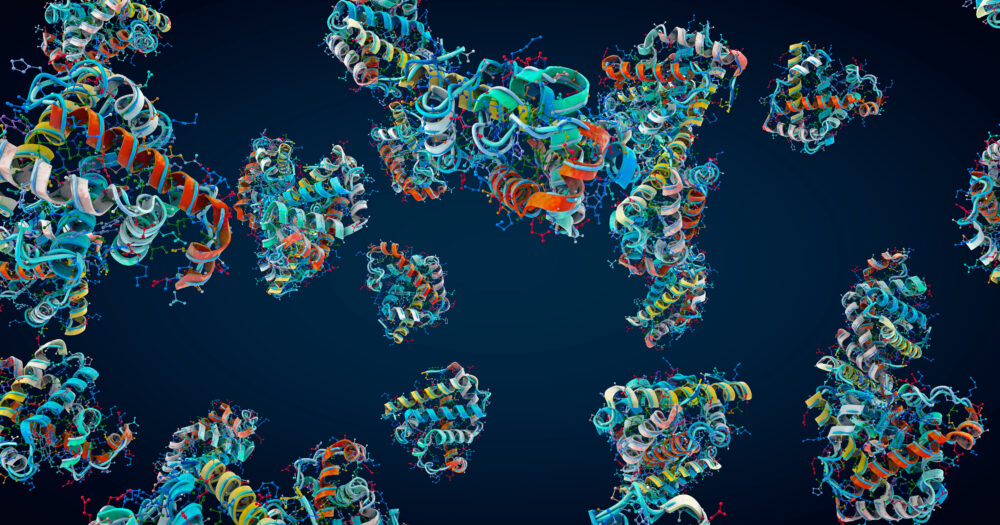


How the Caterpillar Got Its Legs…Or Not

Protein Evolution, The Waiting Times Problem, and the Intriguing Possibility of Two First Parents

Ann Gauger on Her New Book, God’s Grandeur: The Catholic Case for Intelligent Design
Today’s ID the Future spotlights the richly stimulating new book, God’s Grandeur: The Catholic Case for Intelligent Design. Edited by biologist Ann Gauger, the anthology explores the evidence for intelligent design from a Catholic perspective, with contributions from an impressive range of Catholic scientists, philosophers, and theologians, including Gauger; internationally renowned paleontologist Günter Bechly; philosopher Jay Richards; molecular biologist Michael Behe; Rector of the European University in Rome Fr. Pedro Barrajón, LC; Aquinas and Evolution author Michael Chaberek; philosopher J. Budziszewski; professor of neurosurgery Michael Egnor; and noted Dante scholar Anthony Esolen. Listen in as Gauger gives a quick flyover of the book’s content, tells how she found her way into the intelligent design fold, and explains why Catholics should Read More ›